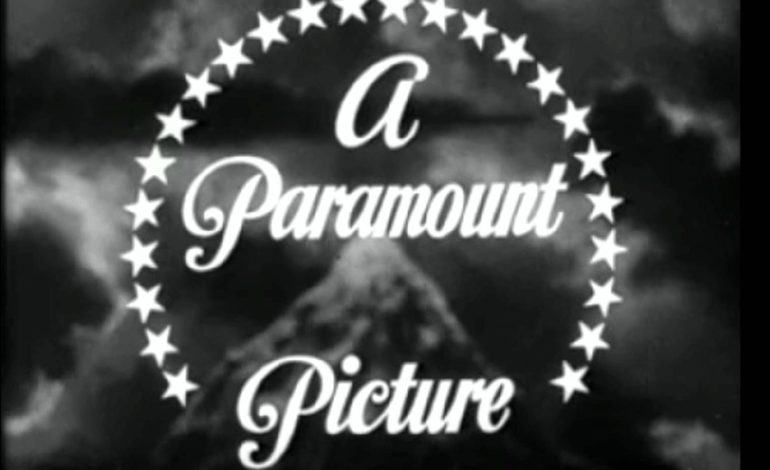

With so many new streaming services and new ways of getting entertainment, the entire system of how films get made and distributed is having to rush to catch up. Now a ruling by the Justice Department may alter the ways that films get released in theaters, giving production companies the power to also own the means of distribution.
In 1948, a policy was passed that would prevent movie studios from having too much power over multiple facets of the industry. This meant that they could not own theaters, block book (selling films to theaters as bundles), conduct deals that applied to all theaters in one circuit, set ticket price minimums, or grant licenses for certain areas. It was meant to prevent vertical integration, which is when one company controls the production, distribution, and exhibition of one film, and gets to keep all profit for each step. The government sued Paramount and won the case, and ever since the Paramount Consent Decrees have been in place.
According to the Wall Street Journal, this policy no longer has a place in modern day society because the film industry has already drastically been changed by streaming and internet. A decision will officially be made in the next few days, but changes will gradually manifest over the next 2 years if it passes.
The consequences of this decision are mixed. This means that companies like Amazon or Netflix could buy their own theaters and screen their films at whatever cost they set, which has pros and cons. Companies could also force theaters to screen a film a certain number of times or for a certain period of time, which would force smaller independent films out of the running to be screened at that theater. Independent films would likely be relegated to independent theaters or smaller chains.
This ruling could also affect the quality and quantity of films released each year. Studios would delay releases because bigger titles would book longer screening blocks, taking up space that would otherwise be occupied by smaller titles. The Consent Decrees also required screening before release to ensure good quality, but this would be null and void if the new ruling overrides it.
Many are concerned about the ways that the new ruling would allow big companies to hold even more power. Especially with more and more mergers and the increasing struggles of independent films, the future is looking more and more bleak for those operating outside of the major studio system. Just in the past handful of years, so many aspects of the entertainment industry have changed for the better and the worse. It’s a time where things move quickly, including this decision, which will be made in the coming week.
